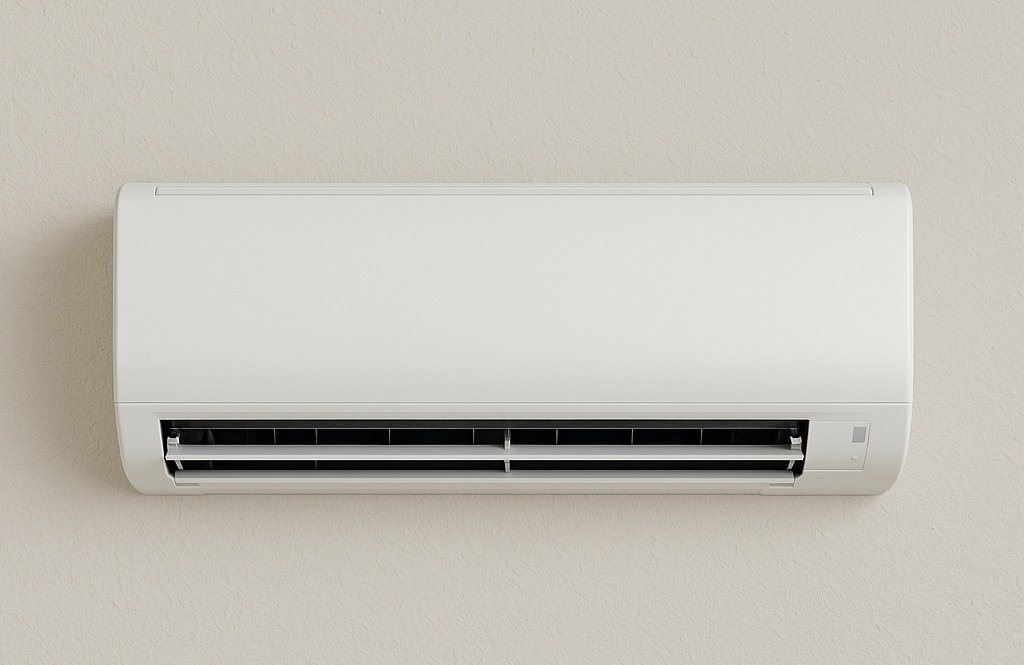Mauritius enforces SADC harmonised energy standards for air conditioners
Mauritius has become the first country in the Southern African Development Community (SADC) to enforce Minimum Energy Performance Standards (MEPS) for room air conditioners based on the SADC Harmonised MEPS (SADC HT110), approved in 2023. The regulation aims to improve energy efficiency, support environmental sustainability, and reduce electricity consumption in the cooling sector.
The Energy Efficiency (Minimum Energy Performance Standards for Regulated Machinery) Regulations 2025 were promulgated in March 2025, with a six-month moratorium to allow for industry preparation. Full enforcement begins on 1 September 2025, requiring all room air conditioners manufactured, imported, or sold in Mauritius to comply with the mandatory performance criteria.
The standards apply to self-contained, ductless split systems and portable air conditioners with a cooling capacity up to 12 kW. The regulation sets a minimum Cooling Seasonal Performance Factor (CSPF) of 4.5 for self-contained and split units, and an Energy Efficiency Ratio (EER) of 3.10 for portable units, based on ISO testing metrics.
According to the Ministry of Energy and Public Utilities, the enforcement supports energy security and grid stability while aligning national regulation with regional policy. “The enforcement of the SADC Harmonised MEPS marks a pivotal step in Mauritius’ journey towards a more energy-efficient and climate-resilient future,” the Ministry stated.
The SADC Harmonised MEPS were developed to establish unified energy performance thresholds across member states, facilitate policy alignment, and promote market access for high-efficiency appliances. Regional technical partners included SACREEE, SADCSTAN, UNEP United for Efficiency (U4E), the EELA project, UNIDO, and LBNL, with support from the UK Defra and Sida.
“This initiative by the Government of Mauritius... clearly demonstrates adherence to this directive, while also removing technical barriers to trade within the region,” said Readlay Makaliki, Lead Technical Expert at SACREEE. UNEP U4E estimates the standards could deliver 104 GWh in annual electricity savings by 2040, avoid 101,000 tonnes of CO₂ emissions, and save US$15 million in energy costs.
UNIDO also recognised the move. “Mauritius’ achievement demonstrates what can be accomplished through strong policies, regional collaboration, and a shared vision for a climate-resilient future,” said Ndivhuho Tshikovhi, Project Associate at UNIDO.
The official regulations are available here.
